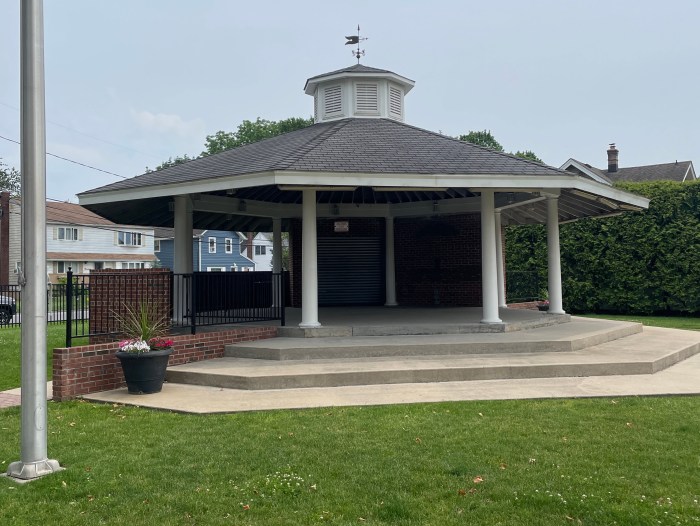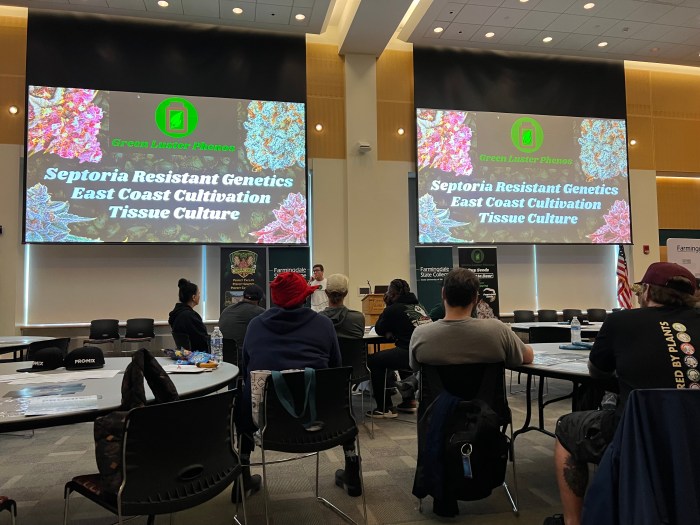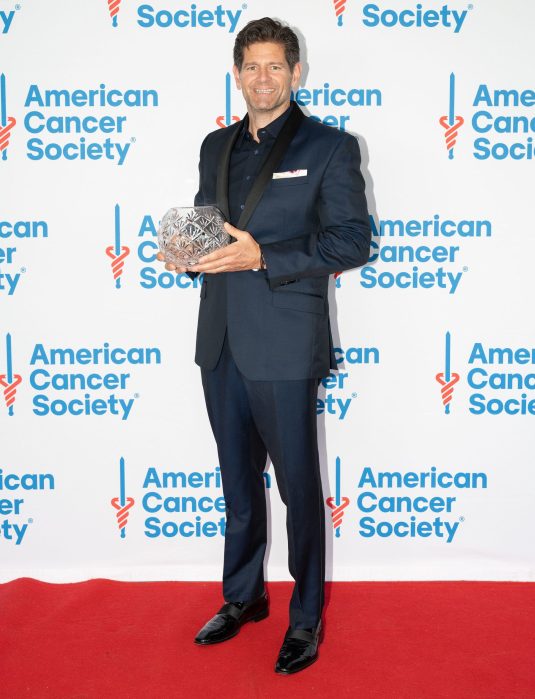Last year, U.S. Senator Chuck Schumer stopped at Moby Drugs in Farmingdale to highlight the launch of a drug take-back program, which was designed to help residents remove addictive prescriptions out of their medicine cabinets.
Yet, despite studies conducted by the Center for Disease Control—which found 70 percent of those addicted to prescription drugs get them from home, family or friends—federal regulations have prevented pharmacies in New York State from hosting the take-back program.
Now, a year since Schumer first announced plans for the take-back program, the DEA has approved regulations allowing Long Island pharmacies and community organizations with the opportunity to be authorized collectors of left-over prescription drugs. The new rules will allow a pharmacy to register with the DEA and put a drop box at their facility that people can use to dispose of old prescriptions whenever they are at the store.
“Now, local pharmacies and other certified DEA registrants can accept dangerous left-over prescription drugs,” Schumer said. “This is a huge step in the right direction as we fight prescription drug abuse.”
Until the recent rule change, the DEA has hosted only one or two national take-back events a year. In 2010, federal lawmakers approved the Secure and Responsible Drug Disposal
Act, which allows the DEA to amend regulations to “allow public and private entities to develop a method of collection and disposal of controlled substances.”
Because of this, the DEA was able to change regulations, so pharmacies could hold take-back programs and collection receptacles.
“Prescription drug abuse is a huge issue on Long Island and across New York State; from college campuses, to street corners and your neighbor’s home,” Schumer said. “What’s more, these drugs have become a major target for burglars, who now go digging in the medicine cabinet in search of leftover pills before they reach for the jewelry box. That is why it is important that we do everything we can to keep these drugs out of the wrong hands.”
According to local detectives from around the state, many times when homes are broken into, thieves are stealing prescription medications. Schumer said that by authorizing an expanded take-back program, the federal Drug Enforcement Agency (DEA) could help reduce these crime rates by making prescription drugs less prevalent. He also noted that the proper disposal of prescription drugs is important for environmental reasons, as individuals will sometimes dispose of medications by flushing them down the toilet, which can adversely affect the local water supply.
This past week, the DEA announced that they have heeded Schumer’s call and will additionally publish a final rule that changes the scheduling designation of hydrocodone from a schedule III to a schedule II narcotic, placing even greater control over the prescription drug. The new classification will go into effect in 45 days and will impose greater restrictions on prescription painkillers.
































